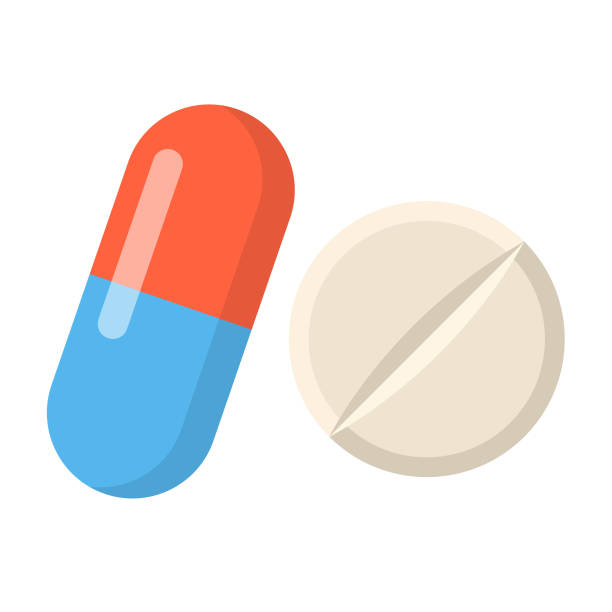Entecavir
Indications
Entecavir is indicated for the treatment of chronic hepatitis B virus infection in adults and pediatric patients 2 years of age and older with evidence of active viral replication and either evidence of persistent elevation in serum aminotransferases (ALT or AST) or histologically active disease.
Pharmacology
By competing with the natural substrate deoxyguanosine triphosphate, entecavir functionally inhibits all three activities of the HBV polymerase (reverse transcriptase, rt):
- Base priming,
- Reverse transcription of the negative strand from the pregenomic messenger RNA, and
- Synthesis of the positive strand of HBV DNA. Upon activation by kinases, the drug can be incorporated into the DNA which has the ultimate effect of inhibiting the HBV polymerase activity.
Dosage And Administration
The recommended dose of Entecavir for chronic hepatitis B virus infection in nucleoside-treatment-naive adults and adolescents 16 years of age is 0.5 mg once daily. For Lamivudine-refractory or known Lamivudine or Telbivudine resistance mutations, the recommended dose of Entecavir is 1 mg once daily. For patients with decompensated liver disease (adult) the recommended dose of Entecavir is 1 mg once daily. Entecavir should be administered on an empty stomach (at least 2 hours after a meal or 2 hours before the next meal).
Missed Dose: If it is almost time for next dose, skip the missed dose and take the next dose at the proper time. Nobody should take a double dose to make up for the missed dose.
Interaction
Co-administration of Entecavir with Lamivudine or Adefovir dipivoxil did not result in significant drug interactions. The effects of co-administration of Entecavir with other drugs that are eliminated through renal or are known to affect renal function have not been evaluated and patients should be monitored closely for adverse events when coadministered with such drugs.
Contraindications
Entecavir is contraindicated in patients with previously demonstrated hypersensitivity to Entecavir or any component of the product
Side Effects
The most common adverse events are headache, fatigue, dizziness and nausea.
Pregnancy And Lactation
There are no data on the effect of Entecavir on the transmission of HBV from mother to infant. Therefore, appropriate care should be taken. It is not known whether it is excreted in human milk. Mothers should be instructed not to breastfeed if they are taking Entecavir.
Precautions And Warnings
Lactic acidosis: Lactic acidosis and severe hepatomegaly with steatosis, including fatal cases have been reported with the use of nucleoside analogues alone or in combination with antiretrovirals.
Exacerbations of hepatitis after discontinuation of treatment: Severe acute exacerbations of hepatitis B have been reported in patients who have discontinued anti-hepatitis B therapy, including Entecavir.
Overdose Effects
There is no experience of Entecavir overdosage reported in patients. Healthy subjects who received up to 20 mg daily for up to 14 days and single doses up to 40 mg had no unexpected adverse events. If overdosage occurs, the patient must be monitored for evidence of toxicity and standard supportive treatment as necessary.
Therapeutic Class
Hepatic viral infections (Hepatitis B)
Use in special populations
Pediatric: Safety and effectiveness of Entecavir in pediatric patients below the age of 2 years have not been established.
Geriatric: Clinical studies of Entecavir did not include sufficient numbers of subjects aged 65 years and over to determine whether they respond differently from younger subjects. But care should be taken in dose selection, and it may be useful to monitor renal function.
Dose adjustment in renal impairment: Dose adjustment is recommended for patients with CrCl <50 ml/min including patients on hemodialysis or continuous ambulatory peritoneal dialysis (CAPD) as shown below:
- CrCl ≥50 ml/min: 0.5 mg every 24 hours
- CrCl 30 to <50 ml/min: 0.5 mg every 48 hours
- CrCl 10 to <30 ml/min: 0.5 mg every 72 hours
- CrCl <10 ml/min or Hemodialysis or CAPD: 0.5 mg every 7 days
Storage Conditions
Keep in a dry place and store below 30°C. Protect from light and keep out of the reach of children.
